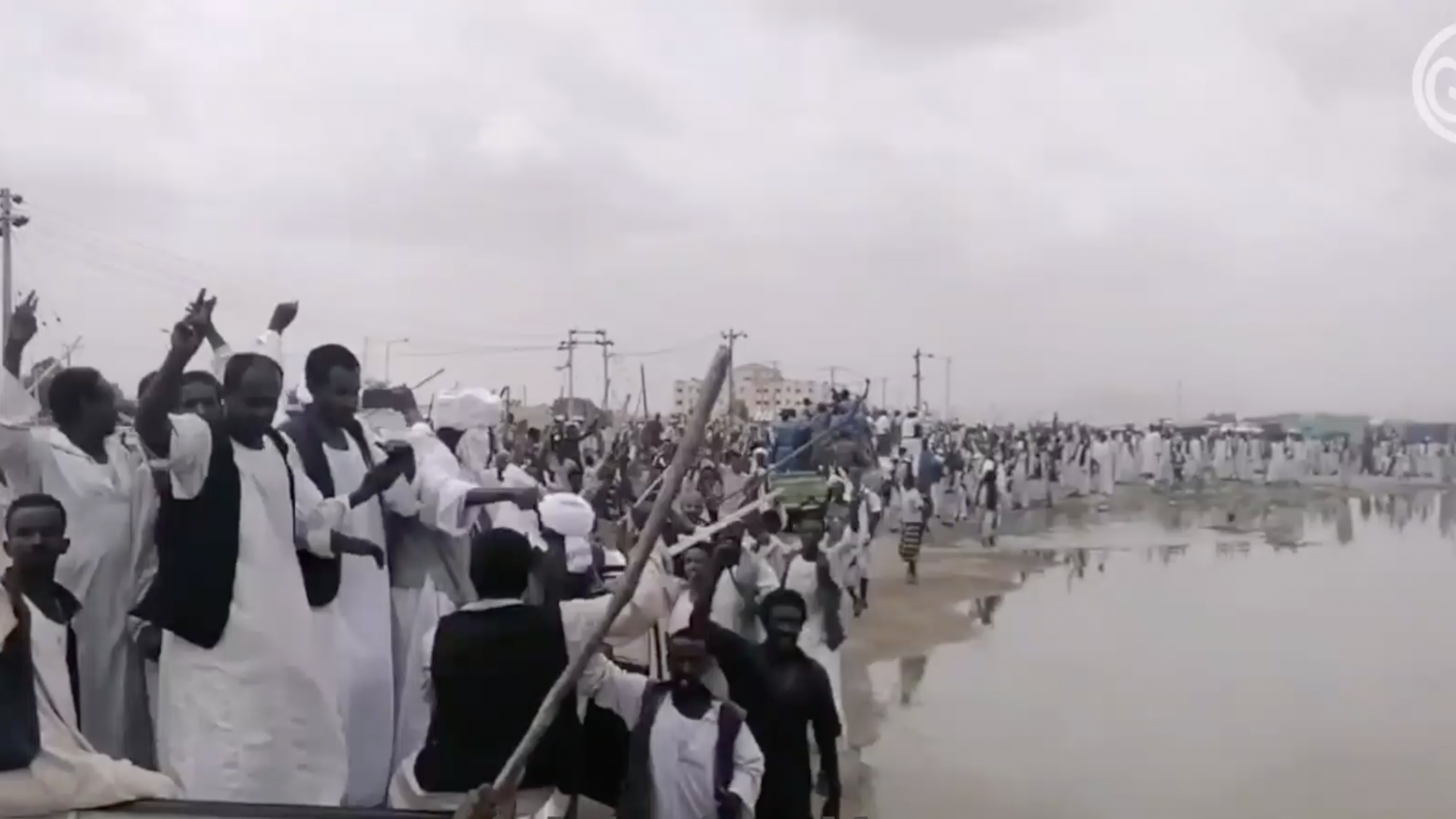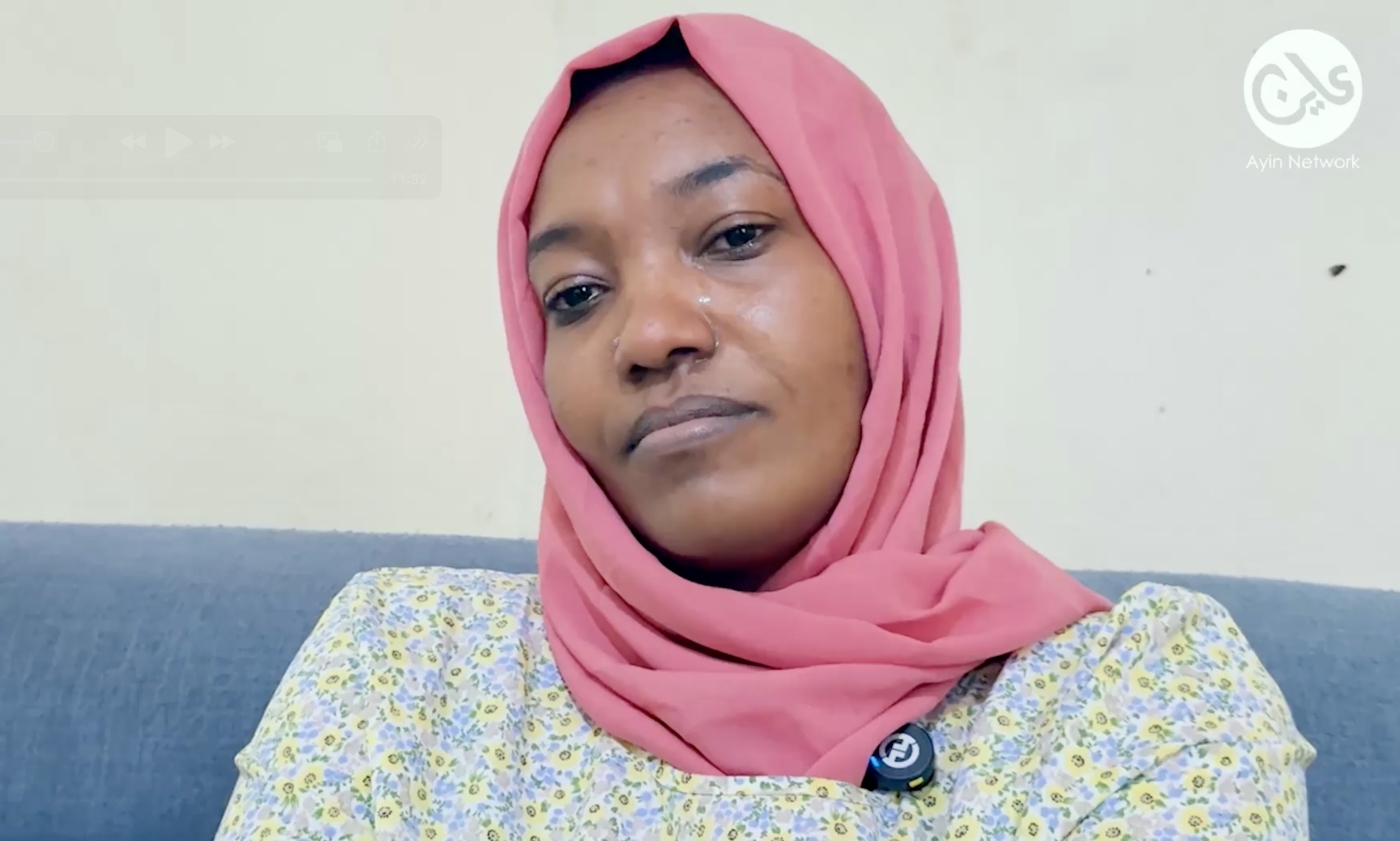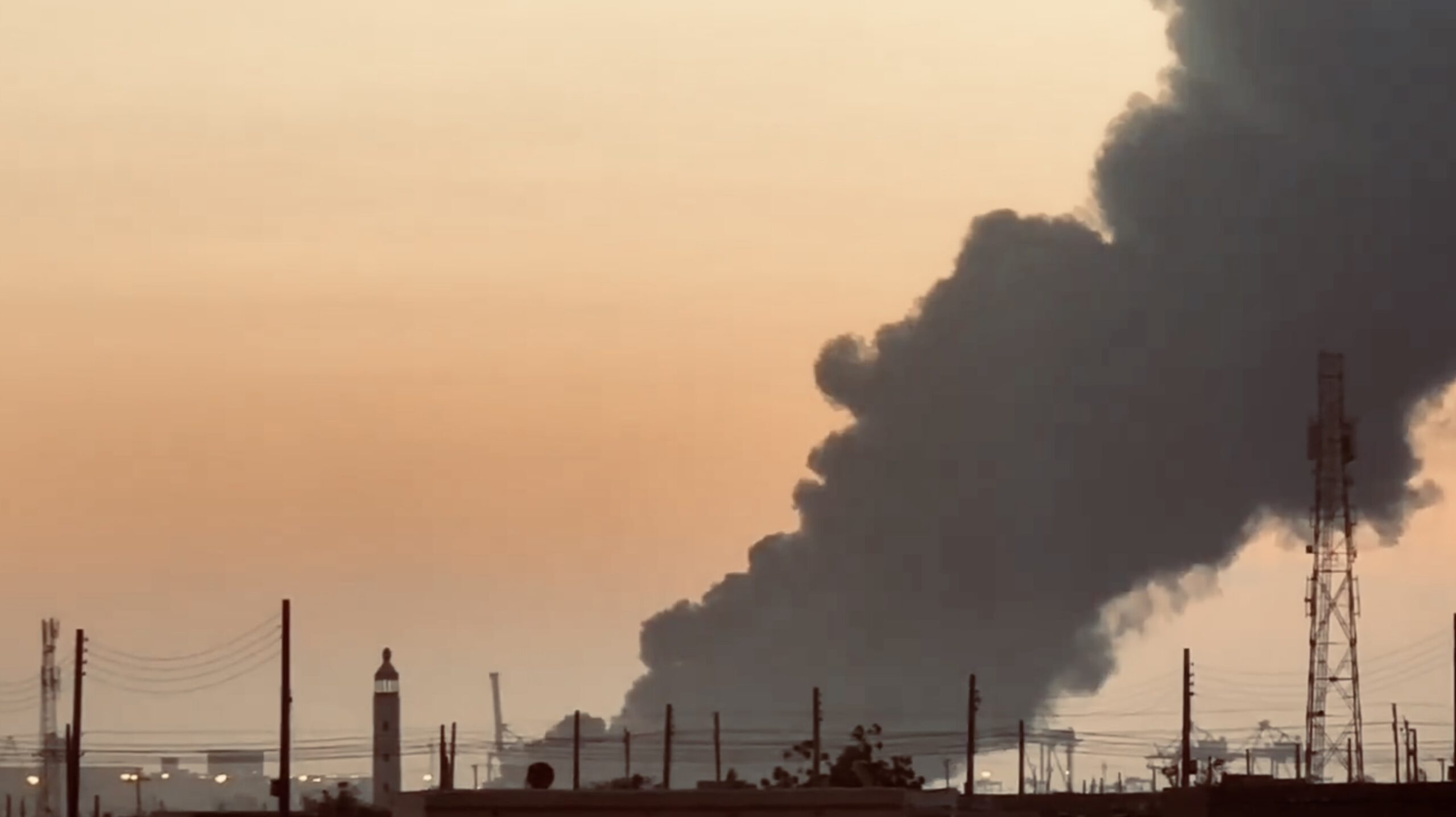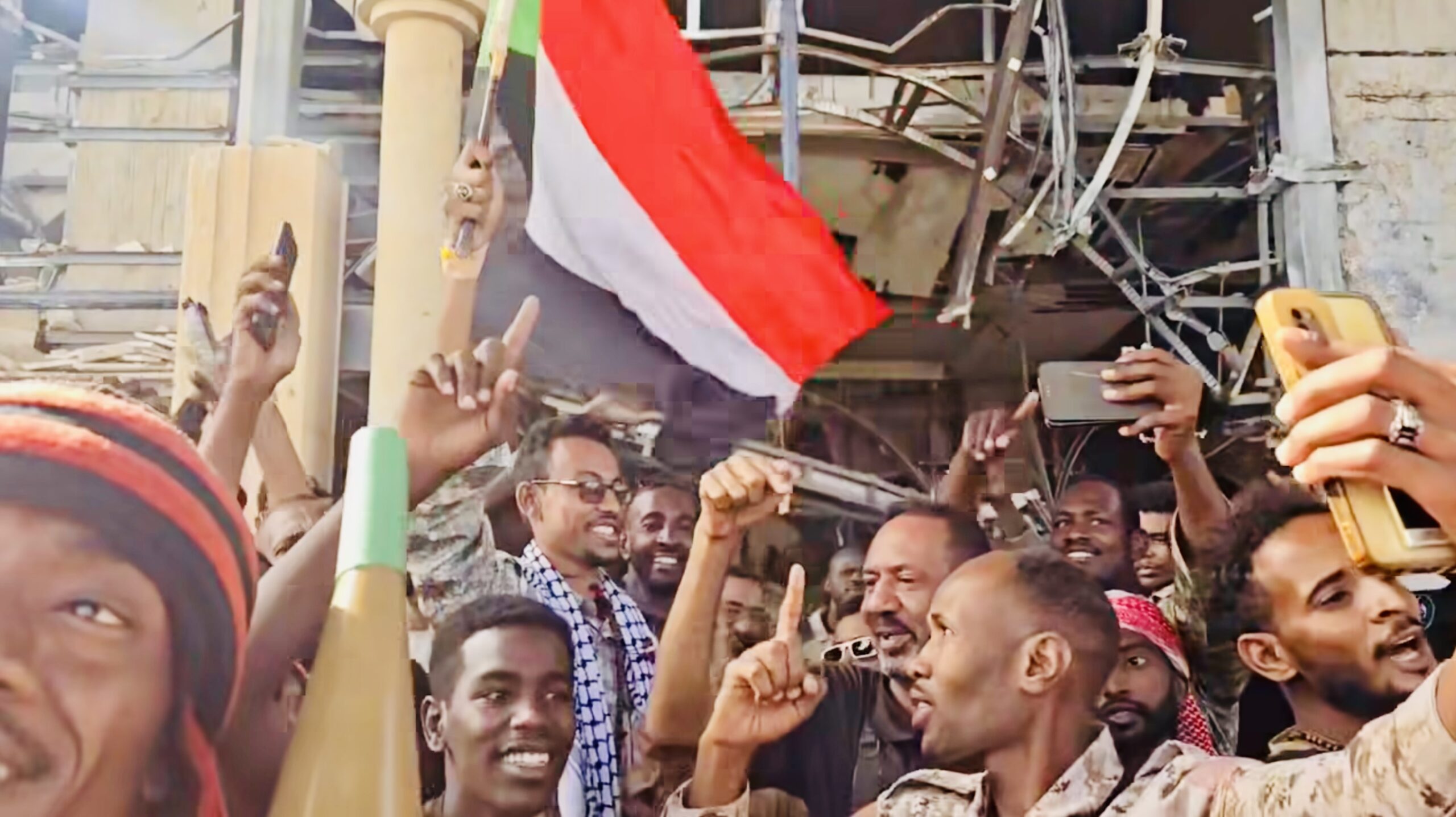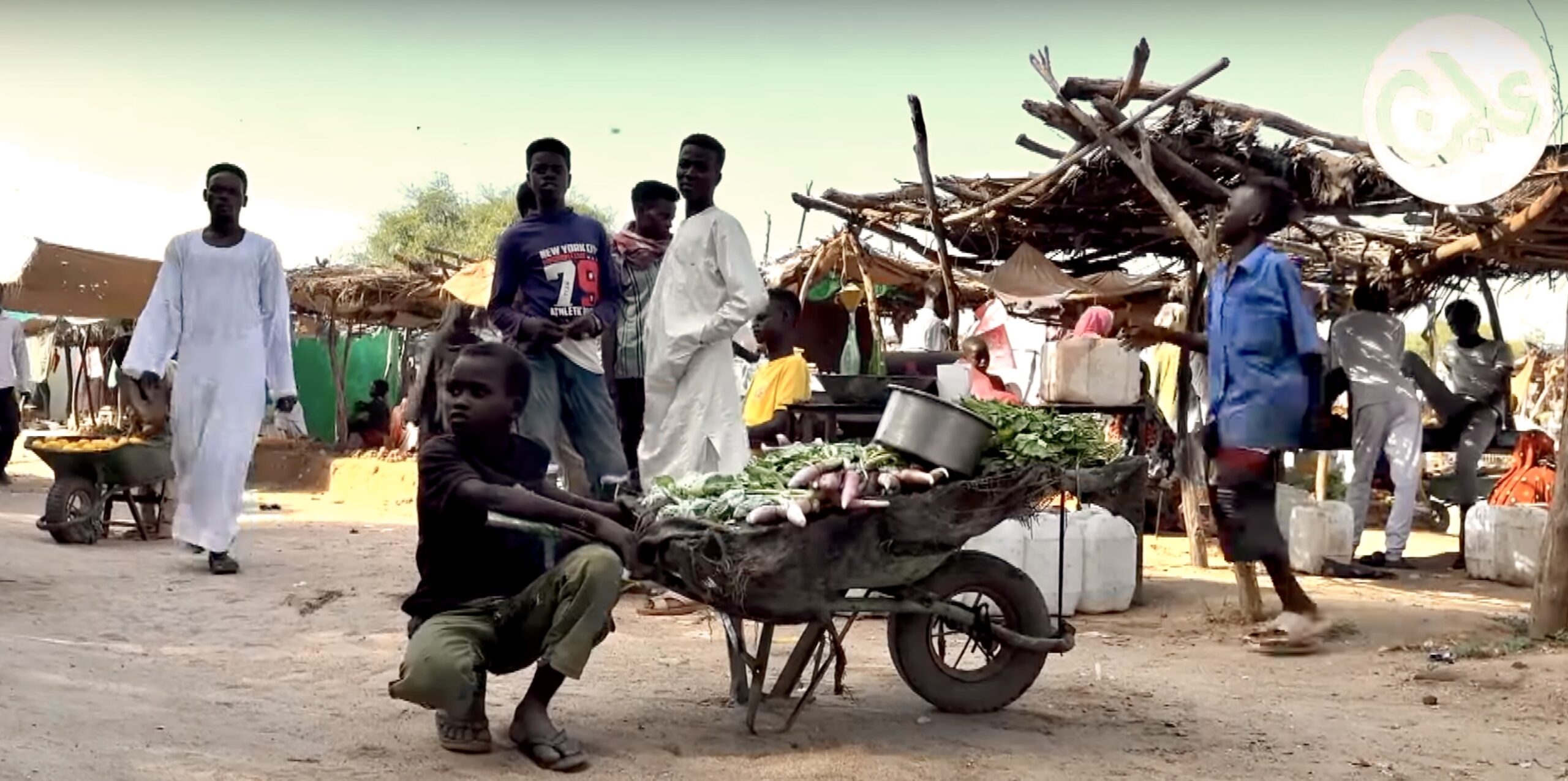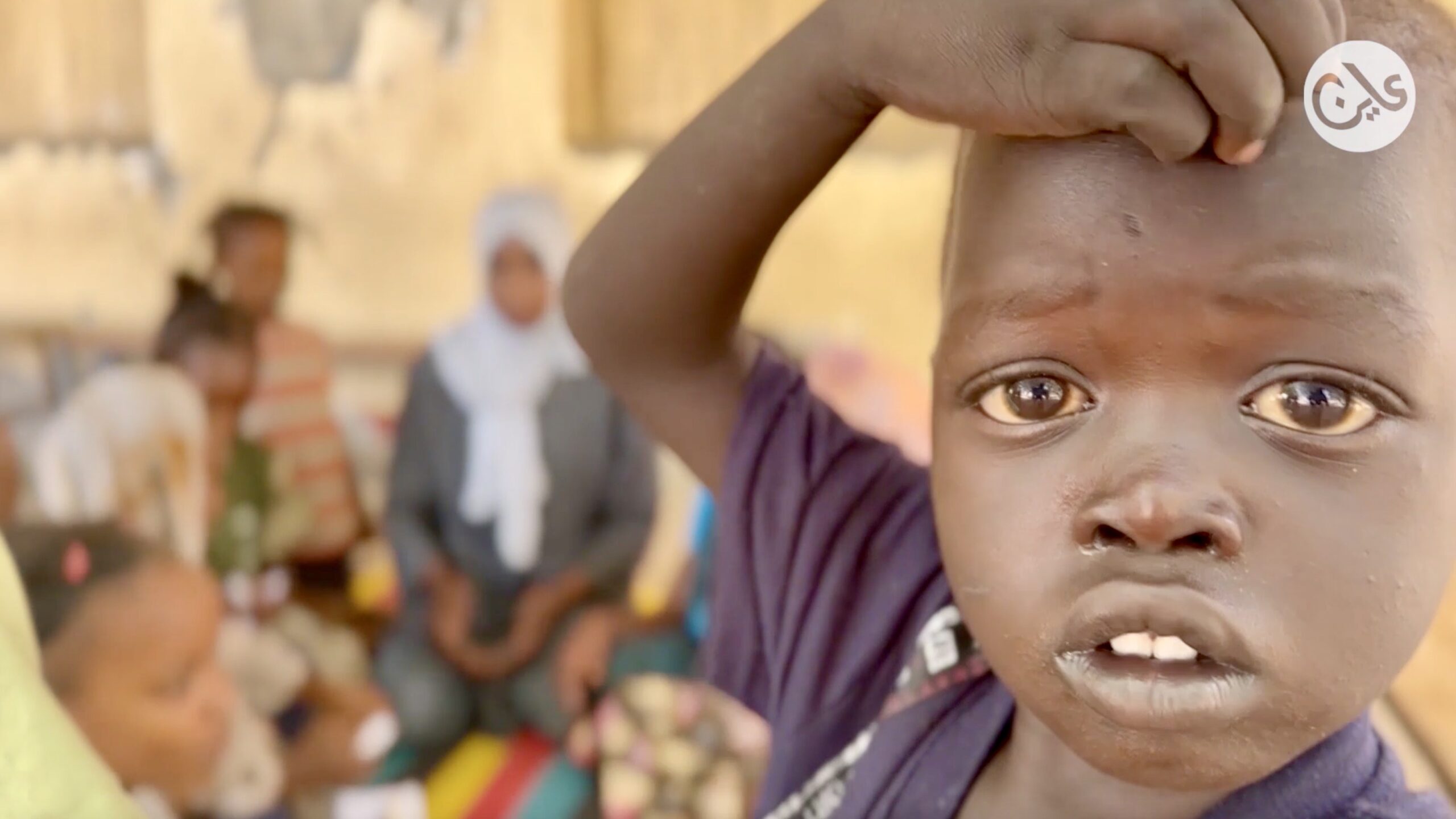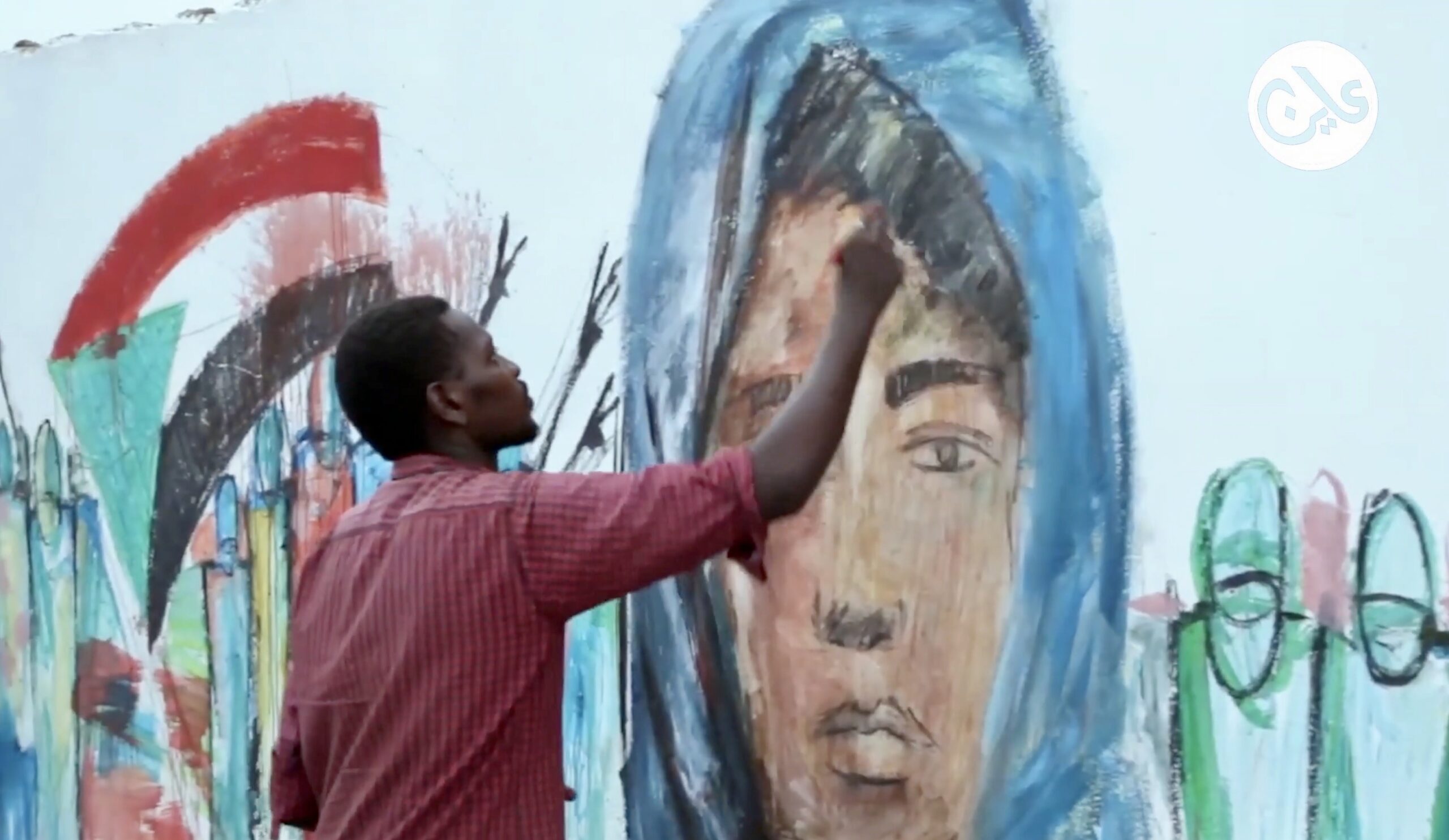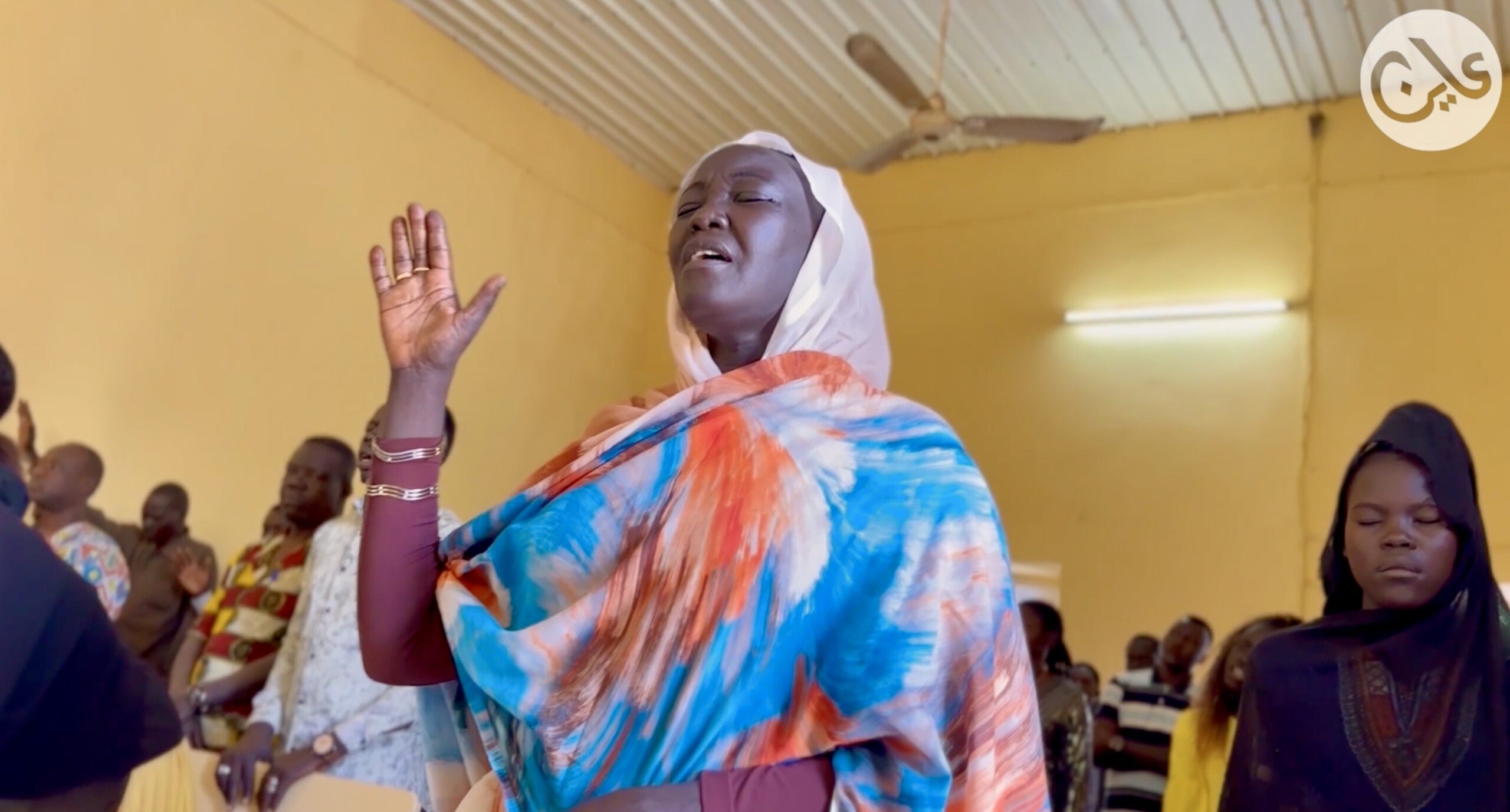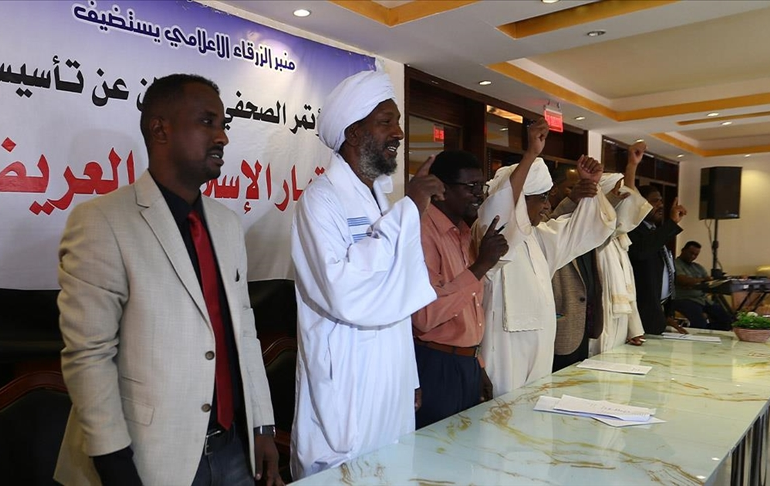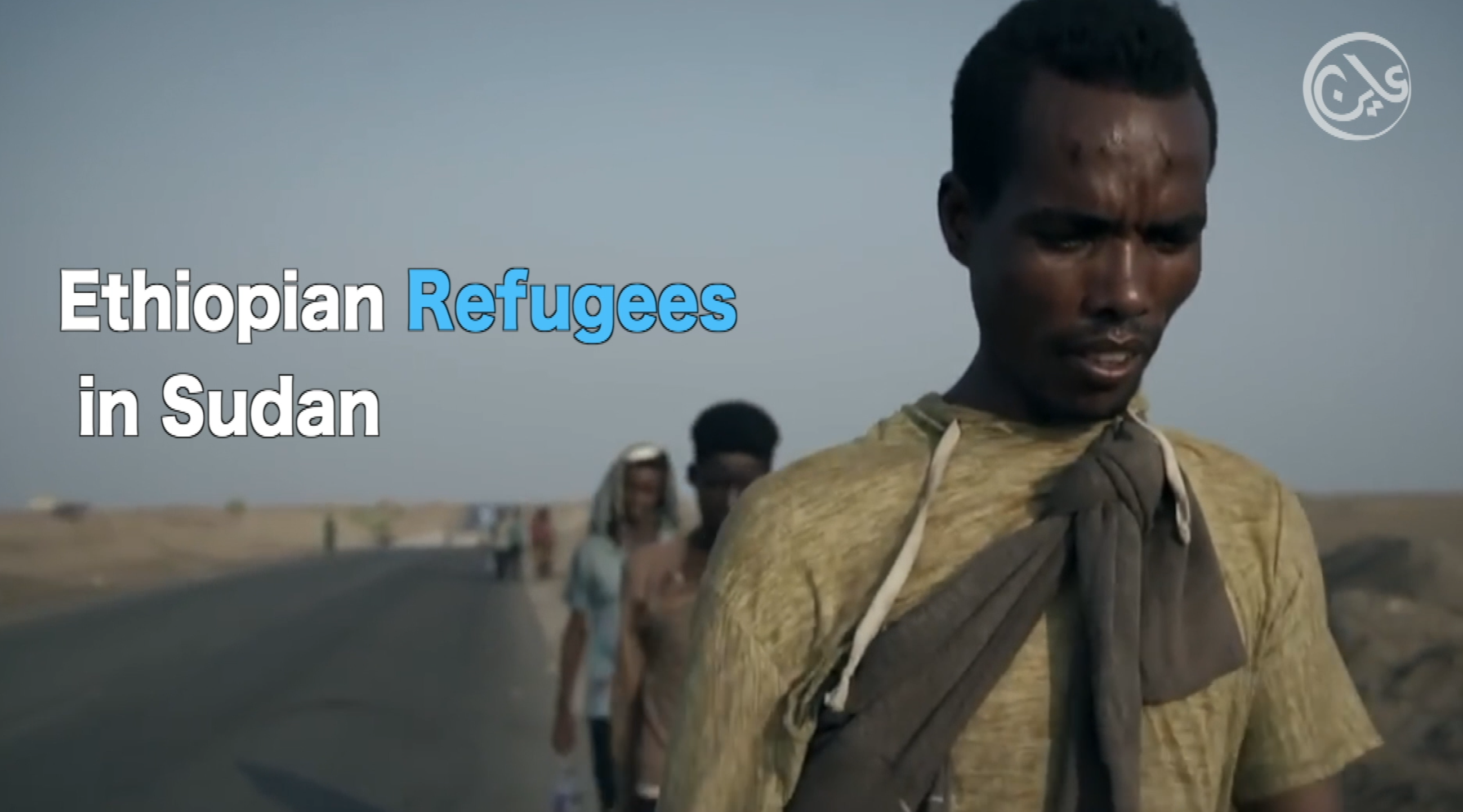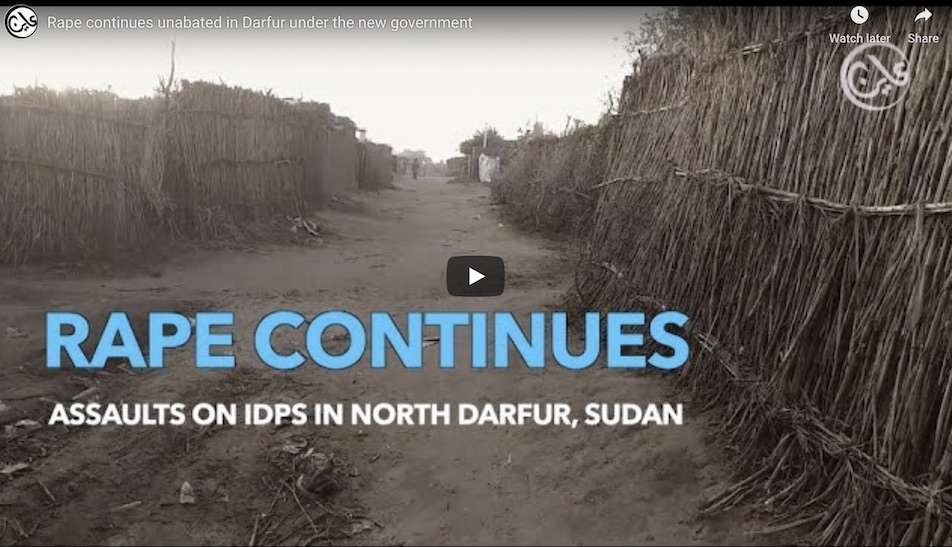Cabinet and eastern protesters exchange accusations amid east crisis escalation
6 October 2021
Vital stocks of medicine, fuel, wheat, among other items are dwindling as protests, now over two weeks, continue in eastern Sudan.
Demonstrators from Beja ethnic groups under the leadership of the High Council of Beja tribes have blocked roads, ports –even airports in eastern Sudan, protesting against the Juba Peace agreement signed in October last year, complaining of a lack of political representation and ineffective leadership by the transitional government. Last month, protestors closed two main oil pipelines, including the only one transporting fuel to the capital, Khartoum. On 26 September, demonstrators agreed to allow the resumption of exports of landlocked South Sudan’s crude oil.
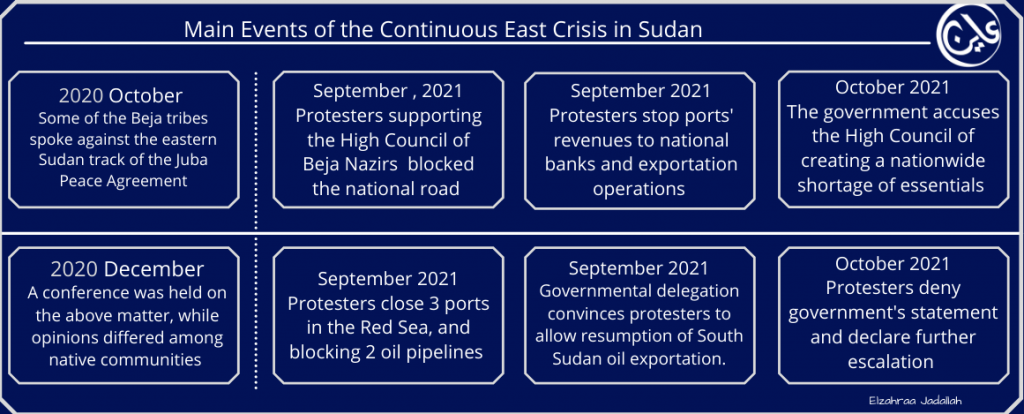 On 3 October, Sudan’s Cabinet warned of the dire consequences linked to the blocked ports and roads in the Red Sea State, severely impacting civilians across the country. “The country’s supply of life-saving medicines and intravenous solutions is running short, as all efforts to release containers [containing these items] have failed due to the shutting of the port and the national road,” government spokesperson Hamza Baloul, said. The government has acknowledged the “just cause” of the eastern protestors and their right to peacefully protest but insists the economic blockade amounts to “a crime against millions of citizens.”
On 3 October, Sudan’s Cabinet warned of the dire consequences linked to the blocked ports and roads in the Red Sea State, severely impacting civilians across the country. “The country’s supply of life-saving medicines and intravenous solutions is running short, as all efforts to release containers [containing these items] have failed due to the shutting of the port and the national road,” government spokesperson Hamza Baloul, said. The government has acknowledged the “just cause” of the eastern protestors and their right to peacefully protest but insists the economic blockade amounts to “a crime against millions of citizens.”
On 4 October, the High Council of Beja Tribes responded by denying that they are holding back any such containers, calling the statement misleading and a political game. The Youth Secretary of the Beja Council, Karar Asker, appeared on social media declaring that any humanitarian supplies such as food items and medicine were excluded, pointing that the Council allowed an American ship carrying wheat to unload at the port last Friday. “No representative from the government, the Ministry of Health or Customs came to us regarding containers of medicines in the port,” Asker stated. According to the Council representative, they will continue to escalate their protest and close more government facilities since a 10-day deadline to address their demands had expired. “The crisis has been going on for two and a half years now and no government delegation has come to address it…even the delegation that came recently only addressed the issue of South Sudan’s oil –not the situation in eastern Sudan.”
Mediation attempt
A governmental delegation headed by Sovereign Council member General Shams Al-Din Kabashi, Oil Minister Gadein Ali Obeid, Foreign Minister Mariam al-Mahdi among others, visited eastern Sudan a week ago to negotiate with the protesters and allow the resumption of exports of South Sudan’s crude oil through the port. The two parties agreed to allow the resumption of South Sudan’s oil through Bashayer Port.
The government delegation proposed a comprehensive conference takes place in the east for dialogue in return the protestors would unblock the port, national roads, and allow oil exports to resume.
Since 17 September, the High Council of Beja protestors closed the national road, the Haya railways, and three ports in addition to the duty-free markets in Red Sea State and the Port Sudan branch of the Central Bank of Sudan – accruing huge financial losses for the country.
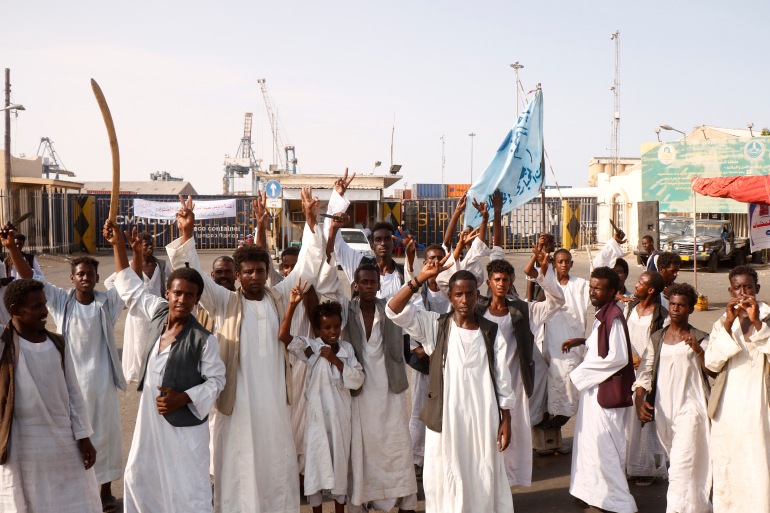
Economic Woes
In just four days of Bashayer Port closing, the Ministry of Transportation stated that the total financial losses amounted to nearly US$ 3.4 million. Protestors blocked two key oil pipelines soon after the ports, a move that will lead to Sudan losing transportation revenues of US$300 million annually, the oil minister warned. Shutting the port and highways suspended importation and exportation operations, with dozens of trucks loaded with imported goods waiting to leave the terminals. Livestock exports also stopped, causing a daily loss of about US$ 500,000, says Ibrahim Rifaat, an officer from a shipping corporation.
According to Aboud al-Shirbini, External Relations Officer at the Sudanese Labour Association, Sudan’s import, and export sectors suffered losses exceeding US$50 million dollars over a 12-day period. “This crisis impacts the port’s relationship with shipping companies as it raises insurance cost due to the security disturbances, and these costs will be reflected on the citizens with higher prices”, he added. Hassan Al-Taib, a citizen from Port Sudan’s capital told Ayin that blocking the main road linking Port Sudan to the rest of the country has triggered a steep rise in the price of vegetables that come to Port Sudan via Khartoum, Kassala, and the River Nile State.
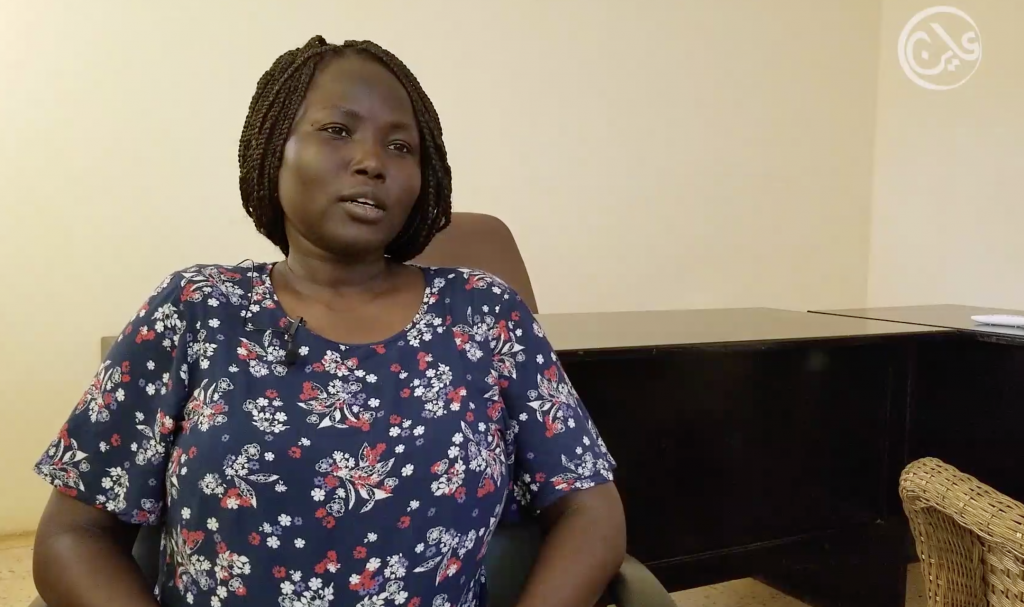
Flaws in the Eastern Track
The High Council of Beja Tribe’s main bone of contention centers on the Eastern Track signed as part of the Juba Peace Agreement with several rebel groups in October last year. The Beja Council has not clarified what they oppose in particular –only that they were not involved in the talks. The Eastern Sudan Track was negotiated and signed by Ababda tribe leader Osama Saeed, Chairman of the Beja Congress in Opposition, and Beni Amer leader Khalid Shaweesh, Head of the Popular Front for Justice. In fact, the Council has opposed the Eastern Track since it was agreed upon by the government and the Sudan Revolutionary Front rebel alliance in Juba back in February 2020. In September last year, the Beja council organised a Peace, Development and Justice Conference in Sinkat, Red Sea State, during which they demanded the right to self-determination for eastern Sudan if the government would not listen to their demands and cancel the eastern Sudan peace protocol.
According to political activist Mohamed Noor Hussein, the signatories to the Eastern Track have no local support and were not part of the political process at the regional level. “Perhaps there are members of the previous regime that are contributing to the crisis, but that’s not the main factor. The conflict has social, geographic, economic, and political reasons, and it only became tribal because the government did not intervene to address the issue.” Port Sudan-based political activist Reham Salah agrees. “Representation was problematic in the Juba peace talks,” Salah told Ayin, “it wasn’t based on local support and did not involve the true stakeholders.”
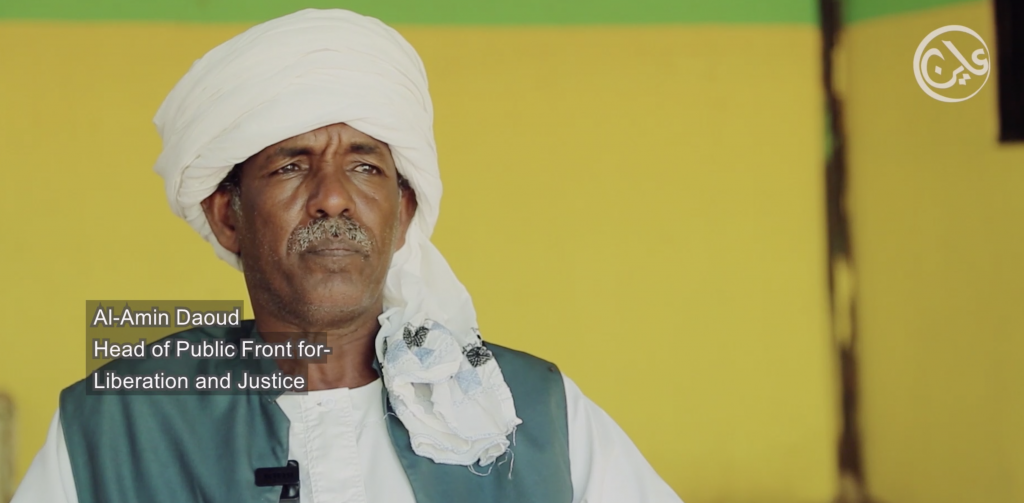
Even signatories to the Eastern Track of the Juba Peace Agreement have identified flaws. Al- Amin Daoud, the Head of the United Public Front for Liberation and Justice – a member of the former rebel Sudan Revolutionary Front coalition that signed the Juba peace deal –says the Eastern Track “does not fulfill the ambitions of our people or reflect their issues.” The current crisis in Eastern Sudan, Al-Amin Daoud says, stems from the weakness of the political parties within the transitional government in handling issues in the east.
Escalating demands
The demands of the Council protestors, however, do not focus entirely on the Eastern Track and have radically expanded over time. The Council now calls for the removal of the civilian component of the transitional government, the rejection of secularism, and the termination of the Empowerment Removal Committee – a body designed to dissolve the former ruling party’s influence within the country. The protestor’s leader, Mohamed al-Amin Terk, a member of the former ruling National Congress Party, even hinted at seceding from Sudan.
In an exclusive interview with Ayin, former Kassala State Governor Salih Ammar expressed his concern about the crisis escalating to a civil war -triggered primarily due to political rather than tribal clashes. “There are groups within the current government affiliated to the ousted regime that want to recreate what happened in South Sudan [before its independence] and Darfur in the east.”
Horn of Africa political analyst Abdul Moniem Abu Edris does not believe the crisis in the east will lead to civil conflict but fears the political impasse in eastern Sudan is open to international ambitions that may exacerbate an already tense situation. “For example, Egypt considers eastern Sudan a vital area for the security of the Red Sea and thus the security of the Suez Canal. Eritrea will not stay neutral to the conflict either, especially with the Eritrean opposition in the west which has tribal extensions in Sudan.” Gulf countries, including Saudi Arabia, only 300 kilometers away from them, also consider the eastern tension a threat to their security, Moneim added.
Although the Beja tribes are a majority in the region, many other components denounced measures taken by the protesters, including other members of the Beja community, claiming that members of the former regime, the National Congress Party, were behind the protests. In late September, thousands led by the High Council of Local Leadership – that includes 17 tribes from the east – held a conference to protest the Council’s actions and declared their support to the transitional government and the Eastern Track of the Juba Peace Agreement.
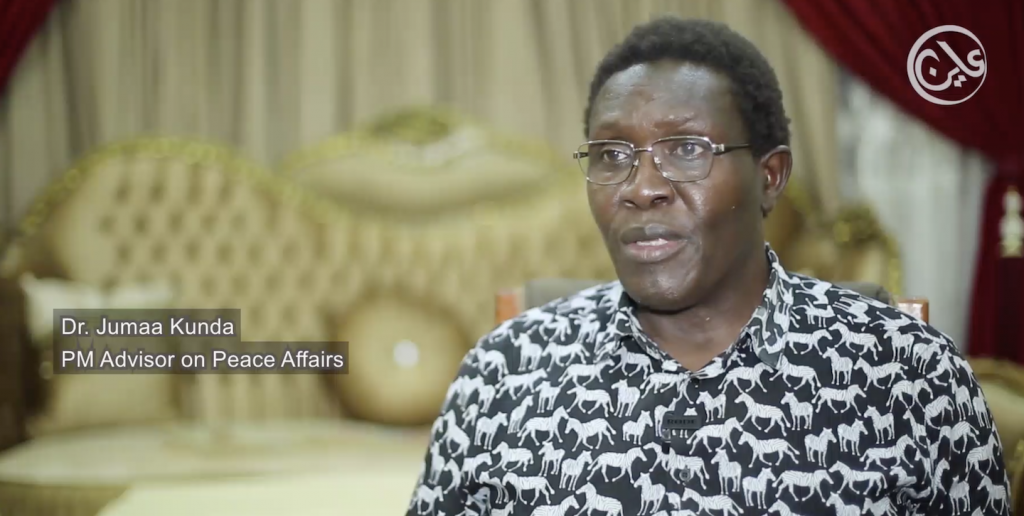
Professor Juma Kunda, a former Peace Advisor to Prime Minister, believes events in the East reflect what is taking place in other areas of the country –deliberate ploys by elements of the former regime to create political unrest. “The eastern crisis must be viewed with a series of events,” Kunda told Ayin, “What is happening in eastern Sudan followed what began in Darfur – then moved to South Kordofan, which witnessed tribal fighting, armed confrontations, and looting last year.” In Kunda’s view, protest leader Mohamed al-Amin Terk is a pawn used by powers outside of Eastern Sudan. “The east [of Sudan] has legitimate demands and real causes but those demands were exploited for another agenda.”
But the current crisis may have deeper roots than potential detrimental influences of the former regime. A lack of balanced development across the country has led eastern Sudan to tackle extreme poverty, Mohamed Noor says, and general disillusionment with the transitional government in general. “What can we say about the revolution and transitional government here?” Port Sudan resident Hamid Abu Shar asked rhetorically. “All we have seen is more conflict and a worse economy – the government [in Khartoum] should not be surprised by more protests.”




